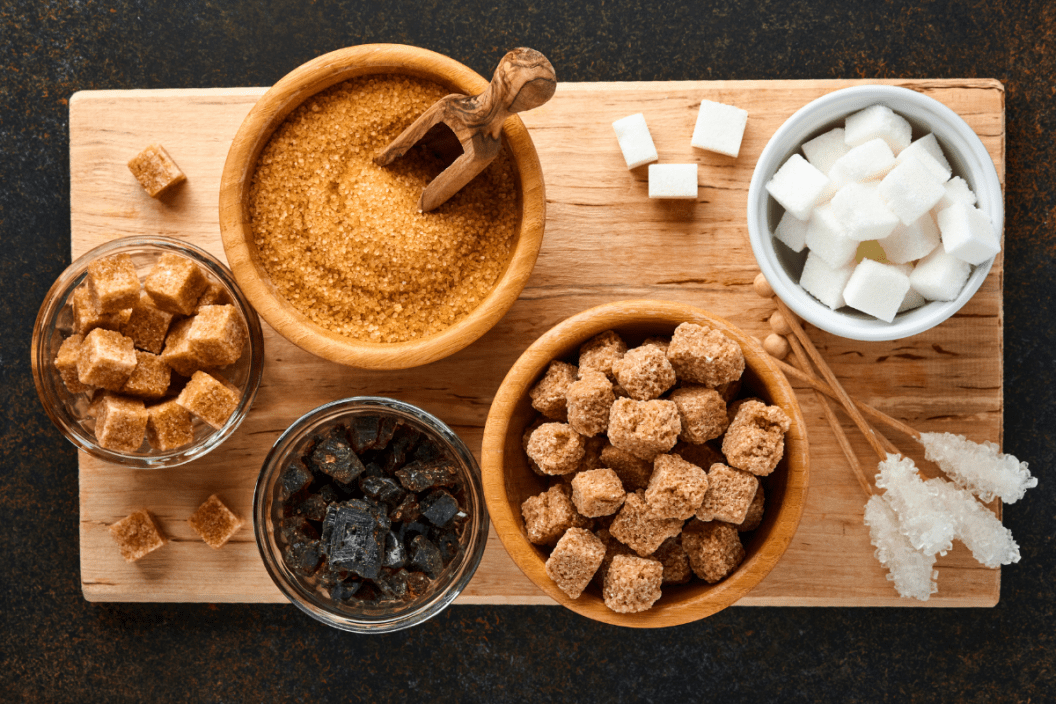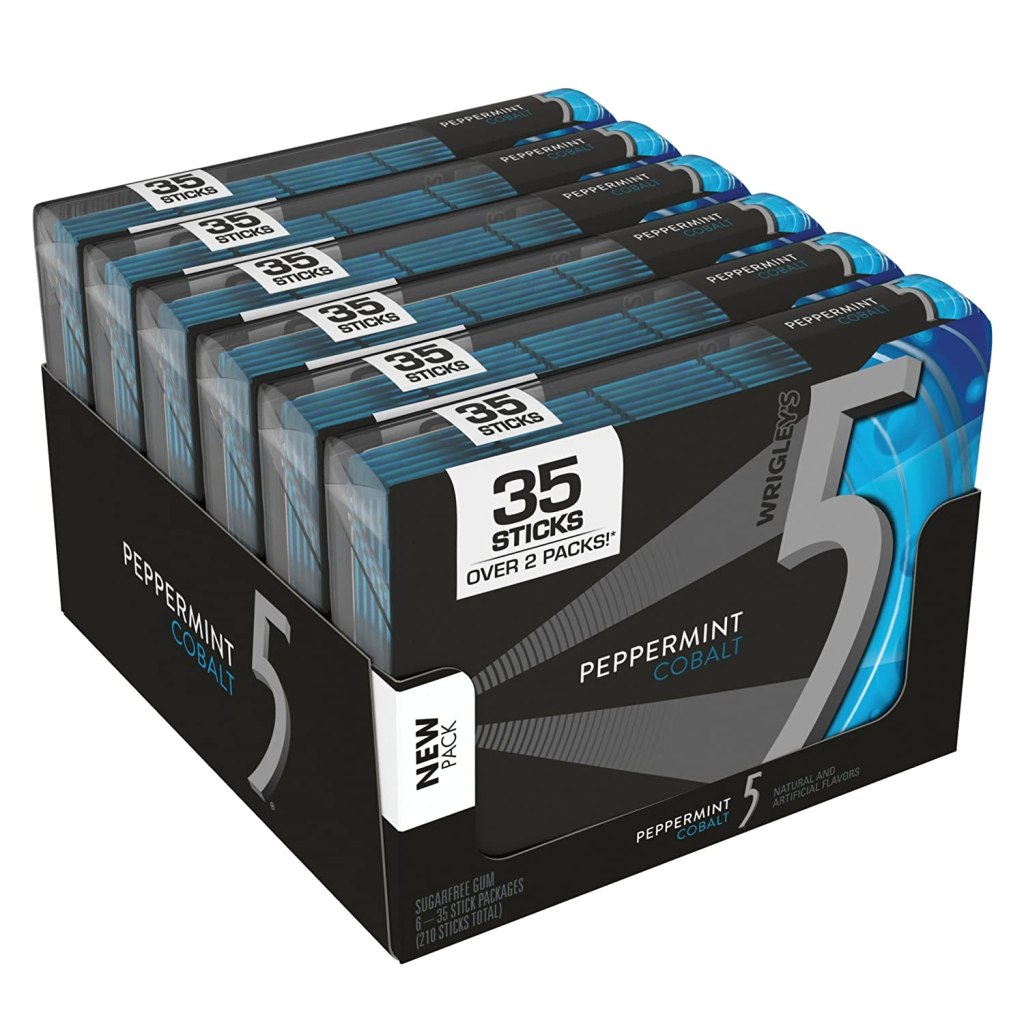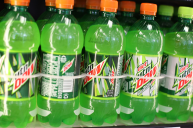There are so many diet trends: Keto, Atkins, Paleo, and so many more! If you choose to follow a diet plan (with the blessing of your doctor and a dietitian!), most of them have strict rules about sugar consumption. Excess sugar can lead to body weight gain, heart disease, high blood pressure, and even bladder cancer. If diets don't eliminate sugar altogether, they limit you to naturally occurring sugars instead of refined sugar. Many people turn to diet sodas or low-calorie sucrose or fructose replacements for weight loss without knowing the side effects of artificial sweeteners. Lowering your acceptable daily intake of carbohydrates is admirable, but is it really healthier to eat artificial sweeteners instead of sugar?
Videos by Wide Open Country
Sugar
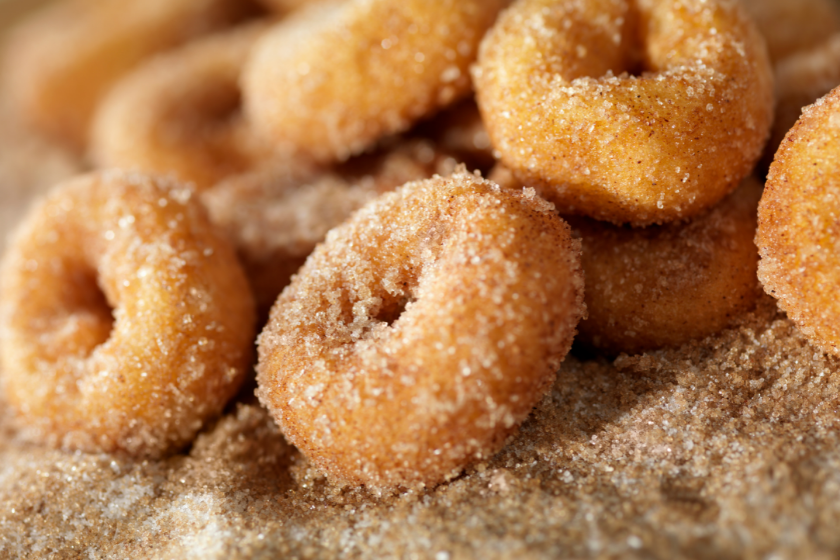
It seems like you can find sugar in just about anything. Tomato sauce, fruit, crackers, soda, you name it! Even more savory foods have small amounts of sugar. If you have dietary restrictions or you're following a strict diet, you may be wary of sugar's impact on your health. But first, you have to understand the differences between sources of sugar in your diet.
There's a big difference between table sugar and natural sugar. When you put sugar in your tea or eat sweetened juices and cereals, you're consuming added sugar. Consuming too much added sugar is linked to an increased risk for obesity, type 2 diabetes, tooth decay, and other negative health effects.
Some people have shifted toward using natural sweeteners like honey, coconut sugar, stevia, and maple syrup. These naturally occurring alternatives to refined sugar have the added benefit of trace amounts of nutrients like iron, zinc, and potassium. Honey, in particular, maybe a great choice for someone who is trying to manage safe blood glucose levels. It's a safer way for a person with diabetes to satisfy their sweet tooth, while potentially reducing their blood sugar.
Artificial Sweeteners
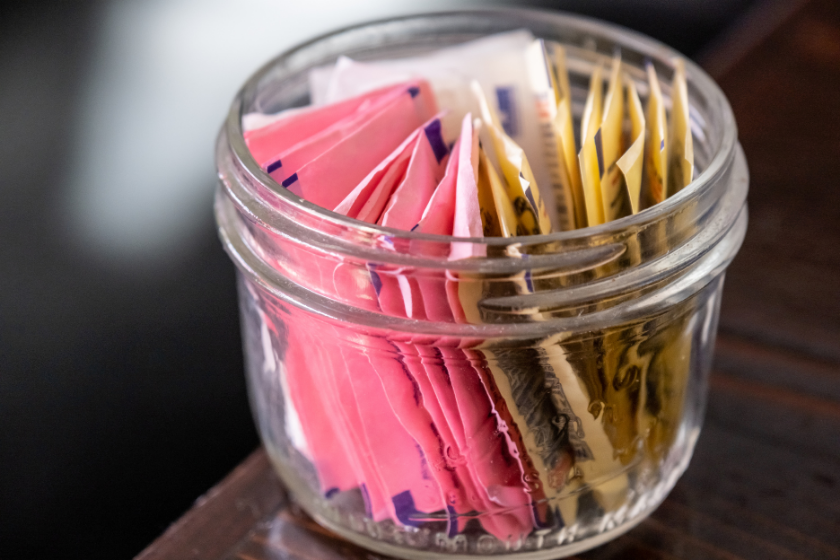
Despite the many natural sugar alternatives that are available, some people prefer non-nutritive sweeteners like high-intensity sweeteners and sugar alcohols. Zero calorie sugar substitutes like these interact with your sweet taste receptors (much like sugar) to allow you to satisfy your sugar cravings without impacting your blood sugar levels. These benefits are especially attractive to people who have diabetes or who want to lose weight without altering their calorie intake.
There are only six high intensity sweeteners that the Food and Drug Administration (FDA) approved for consumption in the United States: acesulfame-k, aspartame, saccharin (Sweet'n Low), sucralose (Splenda), and neotame (NutraSweet). Several of these intense sweeteners can easily replace sugar in your favorite baked goods. They are generally recognized as safe for consumption by the FDA, but that doesn't mean they don't come with drawbacks.
There can be negative health outcomes from eating artificial sweeteners. Animal studies show that saccharin and sucralose, in particular, impact gut health by altering the bacteria in your intestines. These alterations may increase your risk for obesity, insulin resistance, and other negative effects. They may also play a role in the incidence of metabolic syndrome, which comes with its own challenges.
5 GUM Sugar Free Chewing Gum
It's not all bad though. In addition to reducing sugar intake, studies show that sugar alcohols like sorbitol, xylitol, and erythritol prevent cavities, making sugar-free chewing gum a sweet treat you may want to include in your diet more regularly. Xylitol is especially protective in this regard.
At the end of the day, whether you consume sugar or artificial sweeteners is up to you. There are positive and negative consequences to each, so the choice is yours. Some people will prefer sugar, while others swear by artificial sweeteners. Whatever you decide to do, discuss it with a doctor or dietitian first! They can help you understand what's best for you depending on your personal circumstances.
READ: Diet Soda Isn't As Healthy As You Think
Products featured on Wide Open Eats are independently selected by our editors. However, when you buy something through our links, we may earn a commission.
